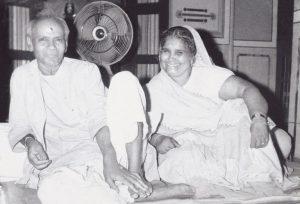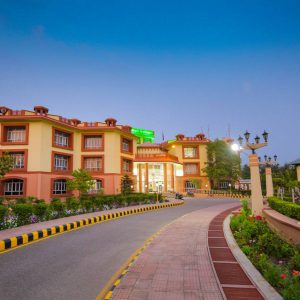- About DSVV
- Academics
LIST OF SCHOOLS
━ Faculty of Yoga & Health
━ Faculty of Indian Languages
━ Faculty of Music & Indian Culture
━ Faculty of Humanities & Social Sciences
━ Faculty of Foundation Courses
━ Faculty of Technology & Management
━ Faculty of Communication
━ Faculty of Biological Sciences
━ Faculty of Rural Studies and Sustainability
LIST OF FACULTIES━ Department of Yogic Science and Human Consciousness
━ Department of Complimentary and Alternative Medicines
━ Department of Indian History and Culture
━ Department of Indian Classical Music
- Admissions
For Indian Candidates
- International





